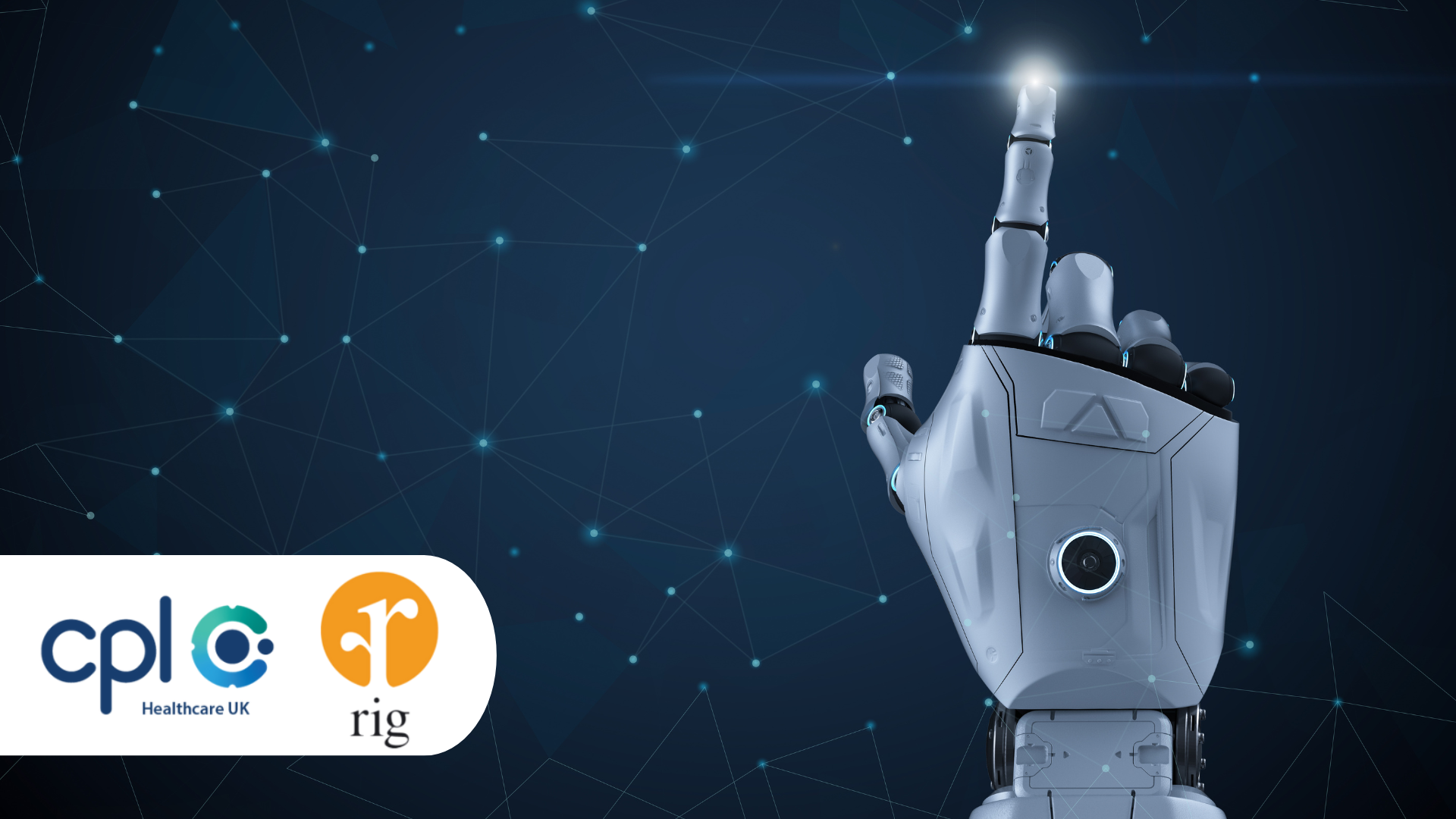Artificial Intelligence (AI) is transforming various industries, and healthcare is no exception!
In the UK, the combination of AI into radiography is set to revolutionise medical imaging, enhancing the capabilities of radiologists and improving diagnostic accuracy. AI algorithms can analyse vast amounts of medical images with remarkable speed and precision, identifying patterns and anomalies that might be missed by the human eye.
This not only assists in the early detection of diseases but also streamlines the workflow for radiologists, allowing them to focus on more complex cases.
Let’s explore how AI is being used in radiography across the UK and the benefits it brings!
The Integration of AI in Radiography
AI in radiography involves the use of machine learning algorithms and deep learning techniques to analyse medical images. These technologies can assist radiologists in several ways:
Image Analysis: AI algorithms can quickly and accurately analyse medical images, identifying patterns and anomalies that may be missed by the human eye. This includes detecting tumours, fractures, and other abnormalities.
Automated Reporting: AI can generate preliminary reports based on image analysis, highlighting areas of concern and suggesting possible diagnoses. This helps radiologists prioritise cases and focus on complex interpretations.
Workflow Optimisation: AI can streamline the workflow in radiology departments by automating routine tasks such as image sorting, triaging, and scheduling. This allows radiologists to spend more time on patient care and complex cases.
Benefits of AI in Radiography
The integration of AI in radiography offers numerous benefits:
Improved Diagnostic Accuracy: AI algorithms can analyse vast amounts of data and identify subtle patterns that may be overlooked by human radiologists. This leads to more accurate and early diagnoses, improving patient outcomes.
Increased Efficiency: By automating routine tasks and providing preliminary analyses, AI can significantly reduce the workload of radiologists. This leads to faster turnaround times and more efficient use of resources.
Enhanced Patient Care: With AI handling routine tasks, radiologists can focus more on patient interaction and personalised care. This improves the overall patient experience and satisfaction.
Continuous Learning: AI systems can continuously learn and improve from new data, ensuring that they stay up-to-date with the latest medical knowledge and techniques.
The UK Perspective
In the UK, the adoption of AI in radiography is being driven by both the NHS and private healthcare providers. Several initiatives and collaborations are underway to integrate AI into medical imaging:
NHS AI Lab: The NHS AI Lab is working on various projects to incorporate AI into healthcare, including radiography. These projects aim to improve diagnostic accuracy and efficiency, ultimately enhancing patient care.
Collaborations with Tech Companies: UK hospitals are partnering with technology companies to develop and implement AI solutions in radiography. These collaborations are crucial for bringing cutting-edge technology into clinical practice.
Research and Development: UK universities and research institutions are at the forefront of AI research in radiography. Their work is contributing to the development of advanced AI algorithms and tools that can be used in clinical settings.
Challenges and Considerations
While the benefits of AI in radiography are substantial, there are also challenges to consider:
Data Privacy and Security: Ensuring the privacy and security of patient data is paramount. Effective measures must be in place to protect sensitive information from breaches and misuse.
Integration with Existing Systems: Integrating AI solutions with existing radiology systems and workflows can be complex. It requires careful planning and collaboration between technology providers and healthcare institutions.
Regulatory and Ethical Issues: The use of AI in healthcare raises important regulatory and ethical questions. Clear guidelines and standards are needed to ensure the safe and ethical use of AI technologies.
The Future of AI in Radiography in the UK
The future of AI in radiography in the UK looks promising. As technology continues to advance, we can expect even more advanced AI processes that can handle increasingly complex tasks.
Collaboration between AI developers, radiologists, and healthcare institutions will be key to unlocking the full potential of AI in medical imaging.
In conclusion, AI is set to revolutionise radiography in the UK by enhancing diagnostic accuracy, increasing efficiency, and improving patient care. While challenges remain, the benefits far outweigh the risks, making AI an invaluable tool in the future of medical imaging.
